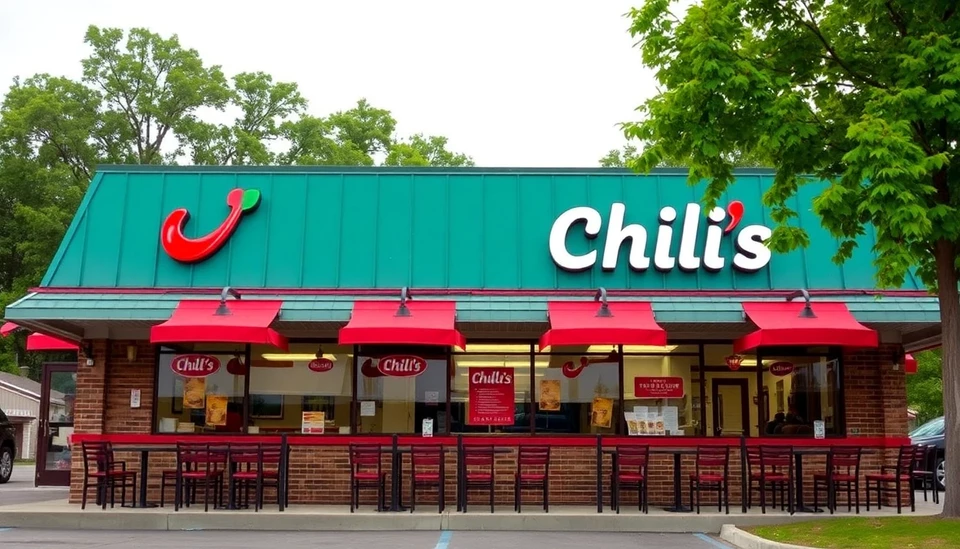
In a recent report, Chili's Grill & Bar, the popular American restaurant chain known for its casual dining experience and Tex-Mex cuisines, is facing significant challenges stemming from climate change. The company is grappling with the increased frequency and intensity of extreme weather events that threaten the supply chain of key ingredients essential for its menu offerings.
Experts suggest that the issues Chili's is encountering are part of a larger trend affecting the entire food and beverage industry. As climate change exacerbates issues like droughts, floods, and heatwaves, agricultural productivity is compromised, leading to volatile pricing and shortages of essential ingredients such as beef, peppers, and corn.
Chili's, which heavily relies on fresh produce and meat, has found that specific suppliers are unable to meet the demands of the restaurant chain due to crop failures and livestock challenges. For instance, bell peppers, a staple in many of its dishes, are becoming increasingly difficult to source as farms suffer from unpredictable weather patterns that hinder cultivation.
The management at Chili's is responding to these environmental challenges by exploring innovative strategies to sustain their operations. They are actively seeking partnerships with suppliers who practice sustainable farming methods to mitigate the risks associated with climate fluctuations. Additionally, they are investing in technology aimed at improving sourcing and inventory management to reduce waste and enhance resilience against supply chain disruptions.
Furthermore, Chili's is contemplating menu adjustments to account for ingredient shortages. This may involve altering recipes or introducing more plant-based options, which could potentially decrease reliance on vulnerable livestock supplies. The company is committed to maintaining its reputation for delicious, hearty meals while being mindful of evolving environmental realities.
As the restaurant industry as a whole continues to face these daunting challenges, Chili's journey underscores the need for adaptability in the face of climate change. By addressing these complications head-on, they not only aim to sustain their business but also contribute to broader sustainability goals within the food service sector.
As consumers are becoming increasingly aware of climate issues, companies like Chili's may also benefit from transparency about their procurement practices and sustainability initiatives, engendering customer loyalty and encouraging eco-friendly dining choices.
In conclusion, the challenges posed by climate change are significant, but with a proactive approach, Chili's hopes to navigate these turbulent waters and continue delivering the flavor-filled dining experience its customers expect.
#Chilis #ClimateChange #Sustainability #FoodIndustry #CasualDining #ExtremeWeather #AgricultureChallenges #SupplyChain
Author: Sophie Bennett




